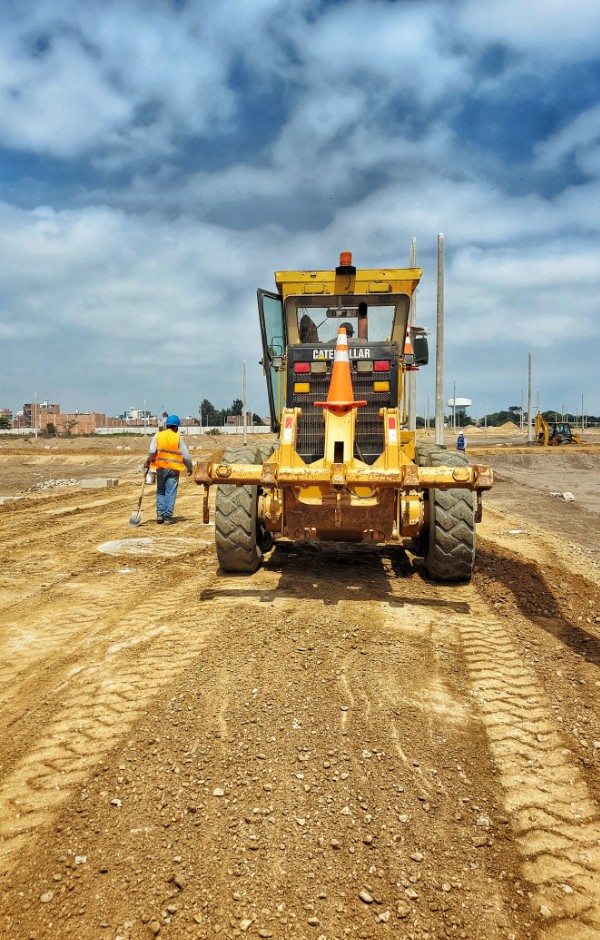GCA Trades Academy
"Since 2006. Building Skills for A Lifetime"
- 671-647-4842
- liza@gcatradesacademy.org
- 506 Mariner Avenue, Barrigada, Guam 96913
Courses
To register, you may click the Registration button below

Carpentry
Carpenters make up the largest building trades occupation in the industry and those with all-around skills are in high demand. Carpenters are involved in many different kinds of construction activities, from building highways and bridges to installing kitchen cabinets. Carpenters construct, erect, install, and repair structures and fixtures made from wood and other materials. This four-level curriculum covers content such as Building Materials, Cabinet Fabrication, and Advanced Wall Systems.
Download the Carpentry Flyer

Construction Craft Laborer
This curriculum introduces the trainee to a variety of trades, including carpentry, masonry, ironworking, electrical, welding, heavy equipment, and cranes. Upon completion of this two-level course the trainee will have the basic knowledge needed on any job site. The Construction Craft Laborer curriculum covers such subjects as Site Layout, Reinforcing Concrete, and Electrical Safety.
Download the Construction Craft Laborer Flyer

Electrical
Electricians install and maintain all of the electrical and power systems for our homes, businesses and factories. They install and maintain the wiring and control equipment through which electricity flows. They also install and maintain electrical equipment and machines in factories and a wide range of other businesses.
Download the Electrical Flyer

Electronic Systems Technician
Electronic Systems Technicians are skilled in a variety of areas, and they work in both residential and commercial settings. They are tasked with installing lighting, telecommunications equipment, and security systems. Electronic Systems Technicians also install remote monitoring systems in commercial applications and can retrofit current systems with modernized remote monitoring technology. The skills and duties of ESTs are broad, varied, and in high demand.
Download the Electronic Systems Technician Flyer

Heavy Equipment Operators
Heavy equipment operators not only work on regular construction building jobs, but also on infrastructure projects (roads, bridges, and ports, otherwise called non-building construction), and in mining and timber operations. A trained and experienced equipment operator provides necessary skills for any project that requires moving and transporting heavy materials, or that demands any kind of earthmoving. NCCER offers a three-level curriculum which will guide the trainee through modules covering each major piece of heavy equipment, as well as topics such as Civil Blueprint Reading, Soils, and Paving.
Download the Heavy Equipment Operators Flyer

HVAC
HVAC Technicians install, maintain, and repair heating, ventilation and air conditioning systems. HVAC includes: motors, compressors, pumps, fan, thermostats, and computerized switches control systems in residential, commercial, and industrial structures. Specialization in specific equipment, such as hydronics (water-based heating systems), solar panels, or commercial refrigeration, is also possible.
Download the HVAC Flyer

Management Education
A construction project is a short-term endeavor based on specifications and requirements that are driven by functional, budgetary, customer, and time constraints. The construction project manager needs to be sensitive to the project itself as well as the customer’s desires and company’s constraints that can appear between pre-construction and final completion of the project. This module provides an overview of the responsibilities and characteristics of a project manager along with phases and flow of a project.
Download the Management Education Flyer

Plumbing
Plumbers do much more than fix sinks and toilets in residential homes. They design and install piping systems that distribute water and remove waste from buildings, connecting to washers, sinks, heating, and cooling systems. Plumbers have to be knowledgeable in the water distribution, blueprint reading, local ordinances and regulations, mathematics, mechanical drawing, physics, welding, and soldering.
Download the Plumbing Flyer

Safety Technology
The job of a safety technician is both serious and satisfying. In this role, you will have the opportunity to save lives, prevent injuries and disabilities, and help your employer be profitable and competitive. To help prevent accidents your company must have a safety program. This program will provide you with the rules and safeguards you need to work safely. Safety must be incorporated into all phases of the job and involve all employees at every level, including management.
Download the Safety Technology Flyer

Welding
Qualified welders are in high demand all over the world. The work of welders includes joining pipe sections for oil and natural gas pipelines, building ships, and working in a variety of industrial environments such as power plants, refineries, chemical plants, and manufacturing facilities.
Download the Welding Flyer

Painting
A Career in the painting trade can be financially rewarding and provide satisfaction for the skilled craftsperson who takes pride in a job well done. Key content included in this curriculum are Careers in the Painting Trade, Safety, Ladders, Scaffolds, Lifts, and Fall Protection, Identifying Surface/Substrate Materials and Conditions, Protecting Adjacent Surfaces, Basic Surface Preparation, Sealants and Repair/Fillers, Introduction to Paints and Coatings and Brushing and Rolling Paints and Coatings.
Download the Painting Flyer